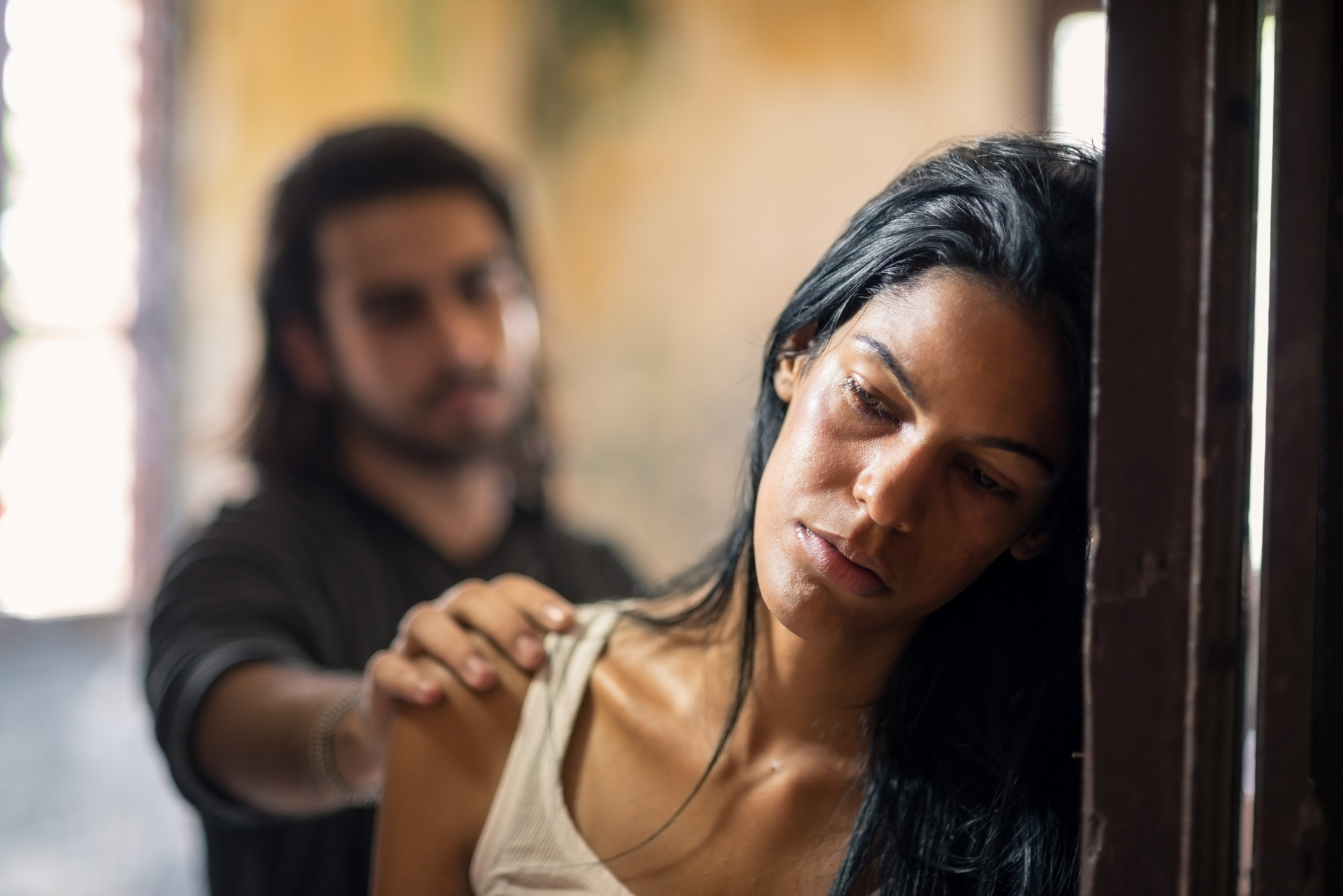
Sexual assault laws in the United States are far from perfect, or in many cases even helpful. Some states give victims only three years to report sexual assaults, while others require them to pay for their own rape kits. But a new report from Equality Now shows the situation is even more dire in countries around the world.
* This post discusses rape and sexual assault. If you or a loved one needs to speak to someone about either topic, please reach out to the National Sexual Assault hotline. It's entirely confidential, and there you'll receive information about your state's sexual assault laws from a trained professional.
In a review of the laws of 82 countries, Equality Now found 10 nations in which forcing your spouse into sex is perfectly legal.

Equality Now, by the way, is a non-profit organization with a large network of legal professionals, activists, and researchers aiming to end violet misogynist actions such as rape, sexual assault, sex trafficking, child marriage, and genital mutilation.
The women’s rights organization surveyed the laws of each of the 82 countries between 2014 and 2015.

They found laws expressly allowing for spousal rape in Ghana, India, Indonesia, Jordan, Lesotho, Nigeria, Oman, Singapore, Sri Lanka, and Tanzania. In four of these countries, it is permitted even when the victim is a child.
Nations where child marriage is legal account for some of the most disturbing allowances of rape.

Ghanaian law, for example, states that “consent given by husband or wife at marriage, for the purposes of marriage, cannot be revoked,” unless the parties are divorced or legally separated. In Lesotho, spousal rape is only illegal if the perpetrator also uses abusive language, violence, or threats.
Allowing for spousal rape, the report points out, makes sexual violence as a whole seem less serious.

A lack of spousal rape protections, the authors write, “begins the narrative that not all rape is rape and so sews the seeds to allow the perpetrator to escape responsibility — in law or in practice — for his violence.”
In India, where spousal rape is still legal, one third of men admit to forcing their wives into a sexual act. One 27-year-old Indian woman told the Women’s Media Center that her husband once beat her into a semi-conscious state and raped her with a flashlight. He was never prosecuted.
Studies show that spousal rape often happens in situations where rape and other forms of abuse occur in tandem.

One study from the National Institute of Justice found that the majority of women who were physically assaulted by a partner were sexually assaulted by that partner as well. Criminalizing spousal rape, then, does more than just punish rapists — it protects women in abusive relationships as well.
The authors of the report urge these countries to pass laws criminalizing marital rape.

At least 52 countries have already done so, according to UN Women. And while these laws don’t prevent all assault, they contribute to an overall culture in which sexual violence is less accepted.
“In including an express criminalization of rape in marriage, legislatures are sending a strong signal of what is not acceptable in society,” the authors conclude. “In turn, this can change attitudes of law enforcement personnel and of the broader public so that all sexual abusers of women and girls can be held accountable.”




